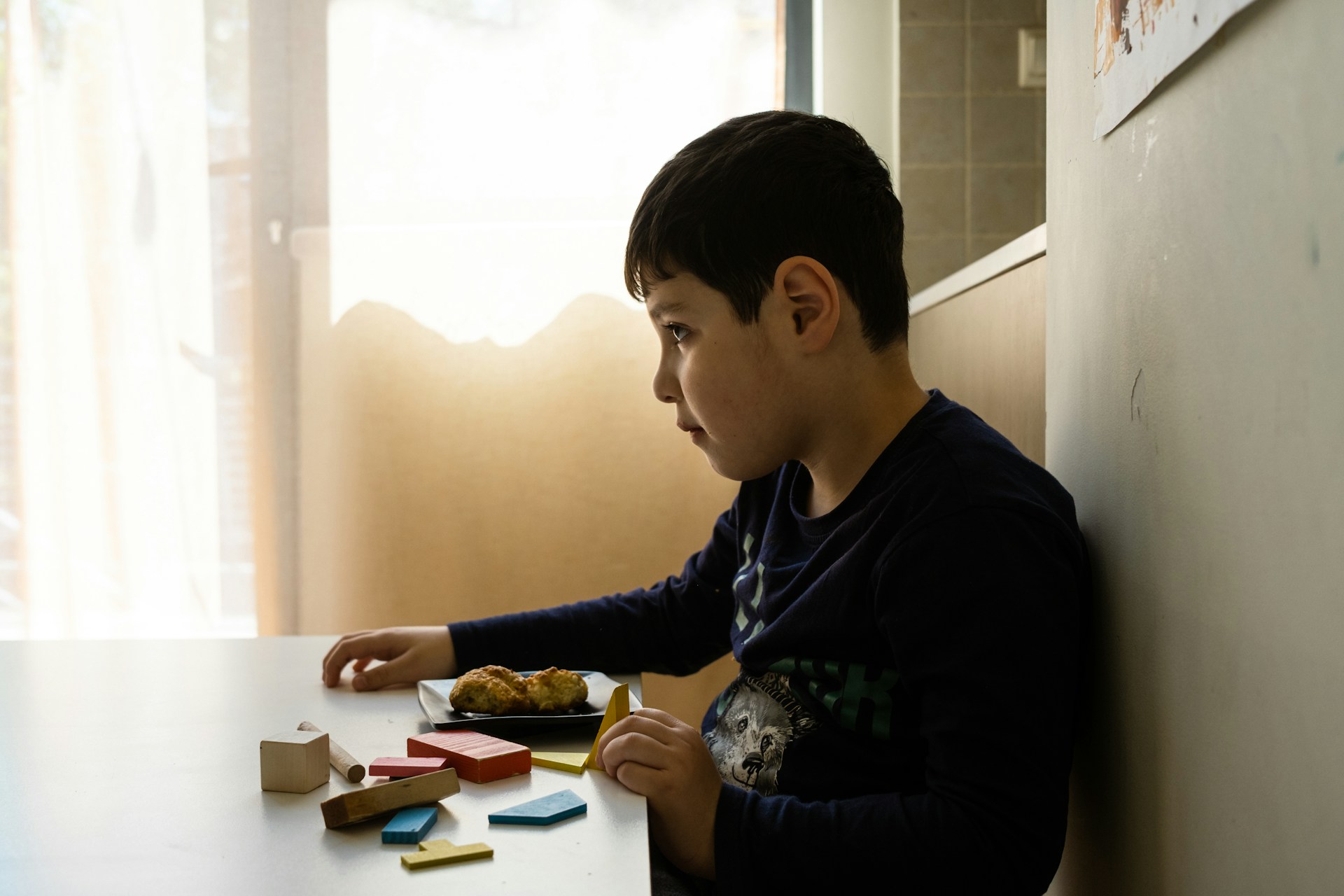Getting started with ADHD therapy is an important step in better understanding how your brain works and how to manage daily challenges more effectively. But just showing up to each session isn’t always enough. Therapy works best when you’re actively involved, and when you’re coming in with intention, clear focus, and a willingness to follow through outside the session, too. Your role in this process matters just as much as what happens during the actual therapy time.
That’s where ADHD psychotherapy treatment can make a real difference. It’s a space where you can explore patterns, sort through frustrations, and create small, doable strategies that actually stick. Making the most of these sessions doesn’t mean having everything figured out right away. It means being open, curious, and motivated to take small steps forward each week.
Understanding Your Goals
Having clear therapy goals helps give direction to your sessions. These goals don’t have to be big or complicated. In fact, it often works better to start small and build from there. Think of your goals like a GPS. If you don’t know where you’re trying to go, it’s hard to figure out the route. Whether you’re focused on improving memory and focus, building better routines, or reducing impulsive behavior, knowing what you’re working toward matters.
Therapy is a team effort, so work with your therapist to make sure your goals feel realistic and personal. One helpful way to shape them is to ask yourself which part of your life you’d like to feel more in control of. It might be something like getting to work on time without feeling scattered, or remembering to follow through on school assignments. The more specific your goals are, the easier they are to work on and track.
Over time, you should revisit these goals together. Life changes, and so do your needs. Maybe what felt overwhelming a few months ago is now something you handle with ease. That’s a great moment to reset or level up your goals. Making space for this kind of reflection keeps your therapy relevant and aligned with your current challenges.
Active Participation
Therapy isn’t something that just happens to you. You get the most out of it when you’re all in. That means being willing to share openly, try new strategies, and give honest feedback about what’s working and what isn’t.
Here are some simple ways to stay active and involved in your sessions:
– Jot down thoughts, reminders, or questions in the days before your appointment. Even a short list can help focus your time and make the session more productive.
– Try practicing what you talked about between sessions. Real growth happens outside of the hour you spend in therapy each week.
– Speak up if something feels off or confusing. Your therapist needs to know so they can help you sort through it or try a new approach.
Also, don’t worry about saying the “right” thing or filling every silence. The more you show up as your true self, the more your sessions will reflect what you really need. It’s not about being perfect or always having the answers. It’s just about staying present and engaged.
When you start participating like this, therapy becomes more than a conversation. It turns into a place where real change starts to take shape—one piece at a time.
Utilizing Therapy Tools and Techniques
Once you’re comfortable setting goals and engaging in your sessions, your therapist might start to introduce tools and techniques that support ADHD psychotherapy treatment. These aren’t one-size-fits-all, so it helps to be open to trying different things to find what sticks.
Common tools might include:
– Visual schedules or checklists to improve time management
– Simple mindfulness or grounding exercises to handle overwhelm
– Breaking tasks into smaller steps to reduce procrastination
– Goal-tracking logs or daily planners to boost consistency
The point of using these tools isn’t to create more work for yourself. It’s to slowly build habits that feel doable and flexible enough for your lifestyle. If something doesn’t fit, it’s best to bring it up instead of pushing through with frustration. Often, a small tweak is all it takes to make something more useful.
You’ll also talk through different techniques in your sessions, like ways to recognize your triggers or practice new ways to respond when things don’t go to plan. None of this is about flipping a switch overnight. It takes patience and trial and error. Some days will feel like progress, and others might feel like a step back. That’s normal. What matters is that you’re building more awareness and gaining tools that help you adjust.
For example, the Pomodoro technique helps you manage time by focusing for short periods with breaks in between. It sounds simple, but this type of structure can be really effective for managing distraction without wearing you out. And if it’s not quite right for you, that’s okay. Therapy gives you space to test things out and adjust so you don’t feel like you’re figuring everything out alone.
Tracking Progress and Celebrating Achievements
Tracking your progress gives you a better picture of how far you’ve come and helps you stay connected to the work you’re doing. Growth isn’t always fast or obvious day-to-day, but small wins add up. When you record those wins, it’s easier to stay motivated, especially on tougher days.
There are different ways to keep track of progress:
– Use a simple journal or app to jot down wins each week
– Ask your therapist to review progress with you regularly
– Keep notes about challenges and what helped you push through
– Reflect on what feels different, like less frustration or better focus
Even something like showing up to therapy consistently is worth celebrating. With ADHD, doing that kind of routine work can be a big deal. Giving yourself credit helps build confidence and energy for the next step.
Sometimes, just being able to say, “This used to really throw me off, and now it doesn’t,” is proof of the progress you may not notice right away. Recognizing those shifts, no matter how small they seem, can help fuel you on hard days.
Building in celebration—whether it’s a short break to reward yourself after doing something tough or just writing down what worked that day—reinforces the effort you’re putting in. A well-timed bit of encouragement goes further than you might think. It reminds you your work matters, even when it’s quiet progress.
Staying Committed to Your Growth Over Time
Therapy isn’t something you dip in and out of when things get hard or when you feel “fixed.” Think of it like learning a skill. Every time you show up, you’re strengthening something that helps you face life with more stability.
ADHD psychotherapy treatment gives you the room to build better habits and change how you respond to everyday challenges over time. Even when new stressors or changes in life come up, you start building trust in your own ability to handle them. You’re no longer starting from zero every time something shifts.
Eventually, what once felt overwhelming starts to become more manageable. That doesn’t mean everything becomes easy or perfect. It means you know how to rebound, reset, and keep going.
Keep showing up. Keep being honest. And keep noticing the little shifts. With time, those small pieces start to connect, and that connection makes each session matter more than the last. If you’re doing the work, you’re already on the right track.
If you’re thinking about making real progress in ADHD therapy, consistency, participation, and honest reflection are key. You’re investing in your growth, one step at a time.
If you’re ready to embrace lasting change and want support managing your ADHD symptoms, explore how ADHD psychotherapy treatment with Dr. Shahin Carrigan Ph.D., MFT can help you stay focused, build momentum, and move forward with confidence.




